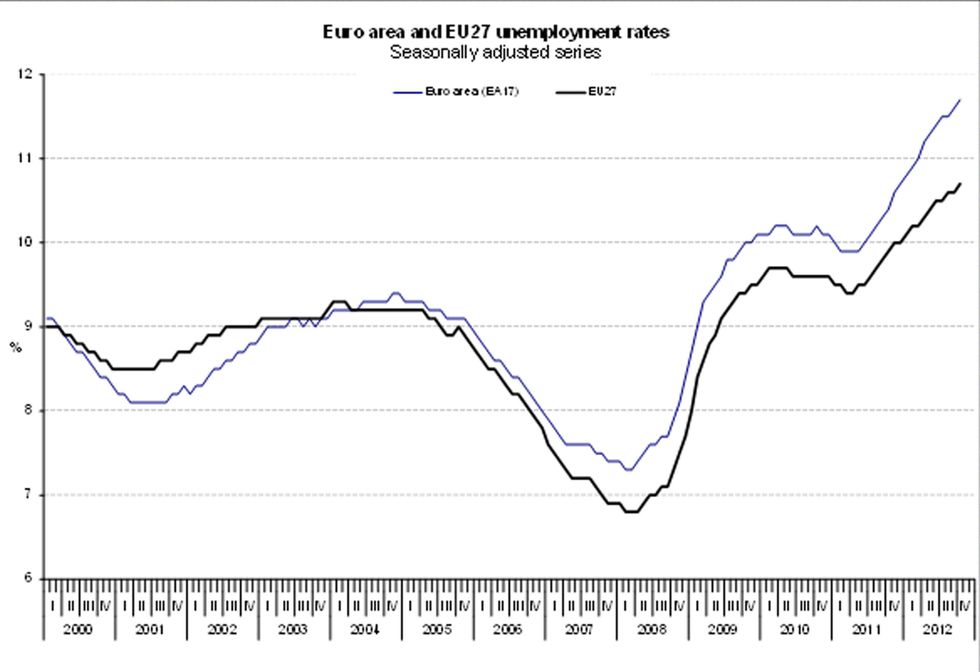Economia
11 February 2013
What Italy needs is a set of reforms
According to Professor Borri Italy will be able to see results only over several years and a new government shoulf push reforms forward and look beyond the length of its term of office
by Nicola Borri - Professor at LUISS Guido Carli University
The Italian economy has been growing at lukewarm rates for more than a decade. High unemployment paired with low participation to the labor force; low labor productivity; little private investment; and high public debt have been characterizing the Italian economy well before becoming common problems of other European countries.
Unfortunately, there is no quick and easy fix. What Italy needs now is a set of reforms that will display their results only over several years and a new government pushing them forward and looking beyond the length of its term of office. The following are three economic priorities:
- Debt reduction: the costs we all pay for the current large public debt are not only the annual interest payments, but also the exposure to market turbulence and the high private sector borrowing costs. For example, the rise of the interest rate on public debt has caused a sharp increase of mortgage rates for most Italian households and a contraction of loans to firms. Solution: full privatization of state-controlled enterprises (not through the sale to quasi-public entities like Cassa Depositi e Presiti) and local public utilities; alienation of non-core public real estate assets. New legislation regulating the market for public utilities must be approved before the privatization program. However, only long-term growth can keep public debt on a virtuous path.
- Pubic revenues reduction: taxes have reached unsustainable levels, and fall mostly on the productive sectors of the economy (workers and firms). Solution: reduction of taxes on labor (Irpef) and on corporate (Irap) income. Tax cuts should be financed by corresponding cuts and rationalization of public expenditures. Property tax (Imu) should not be eliminated, but made more fair and progressive and used to finance local communities. Any proceeds from the fight against tax evasion should be used to cut current taxes.
- Unemployment reduction. When the unemployment rate is high and workers are unemployed for long, they are more likely to fall below the poverty line and lose the skills required to find a new job. In addition, low unemployment rates broaden the tax base and help finance public expenditures. Solution: Lower labor and corporate taxes will help reduce unemployment by spurring private investment, but they are not going to be enough. The new government should invest in education and training and introduce programs to evaluate teachers' performance and competition among public universities. In addition, it should introduce social programs sustaining the income of workers temporarily without a job and helping them to re-train and re-locate in the productive sector.

